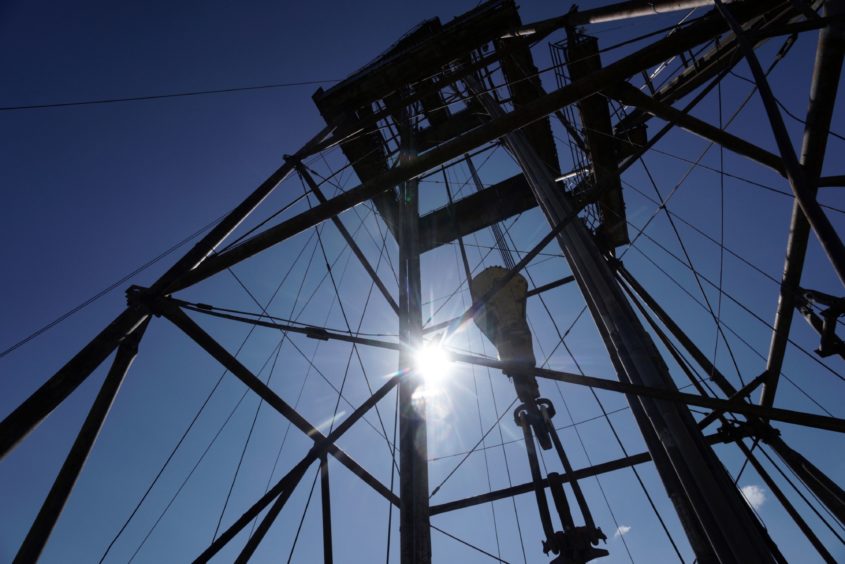
Tullow Oil Plc discovered light oil at its Carapa-1 well in Guyana, but the reservoir was smaller than the troubled company had expected prior to drilling. Shares fell as much as 20%.
The independent oil producer’s first discovery of the new year comes after a calamitous 2019 in which its stock declined 64% and the chief executive officer and exploration chief stepped down. The commercial viability of Tullow’s previous offshore discoveries in Guyana remains in doubt after the reservoirs were found to contain heavy oil.
“The Carapa-1 result is an important exploration outcome with positive implications” for both blocks the company has in the South American country, Mark MacFarlane, Tullow’s chief operating officer, said in a statement on Thursday. “While net pay and reservoir development at this location are below our pre-drill estimates, we are encouraged to find good quality oil.”
About four meters of net oil pay were encountered. That was lower than pre-drill forecasts, but Tullow highlighted positive aspects of the well that “suggests the extension of the Cretaceous oil play from the Stabroek license southwards into the Kanuku license.”
High Expectations
“Expectations were high going into this,” said David Round, an analyst at BMO Capital Markets. “There will be a level of disappointment about the size.”
Tullow shares were 4.5% lower at 61.14 pence as of 9:55 a.m. in London trading. That’s down about 95% from the company’s 2012 peak.
Rig site testing indicated that the oil is 27 degrees API with a sulfur content of less than 1%, according to Tullow. The well will be plugged and abandoned and a detailed laboratory analysis of the oil quality will follow. Tullow has a 37.5% stake in the Kanuku block. Repsol SA is the operator with 37.5% and Total SA has 25%.
“We will now integrate the results of the three exploration wells drilled in these adjacent licenses into our Guyana and Suriname geological and geophysical models before deciding the future work program,” MacFarlane said.
The latest well concludes Tullow’s “high-impact exploration program in Guyana,” and while the company made three “technical discoveries,” none are expected to be commercially viable, Will Hares, a senior analyst for Bloomberg Intelligence, said in a note.
The Guyana results come as Tullow searches for a new CEO after Paul McDade, and exploration director Angus McCoss, quit on Dec. 9. At the time the company forecast its total production this year will be 70,000 to 80,000 barrels a day — lower than in 2019 — because of weaker expectations from its main fields in Ghana. A process to reduce its stake in a Uganda project has been delayed for years.
“The Guyana results emphasize Tullow’s increasingly challenged growth outlook amid its Ghana project issues and East Africa delays,” Hares said.